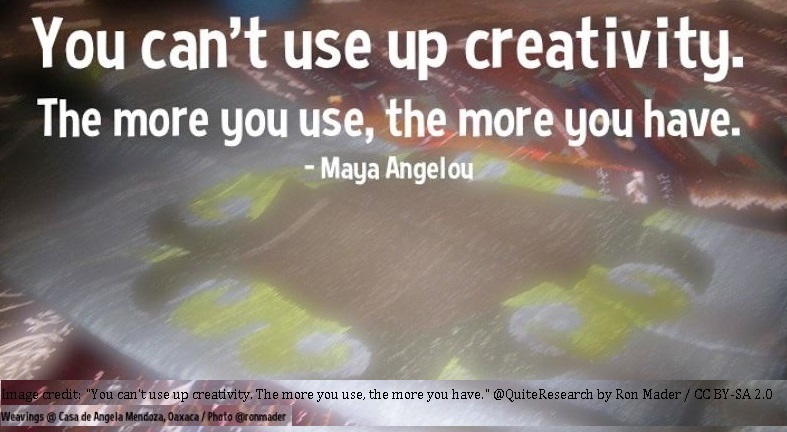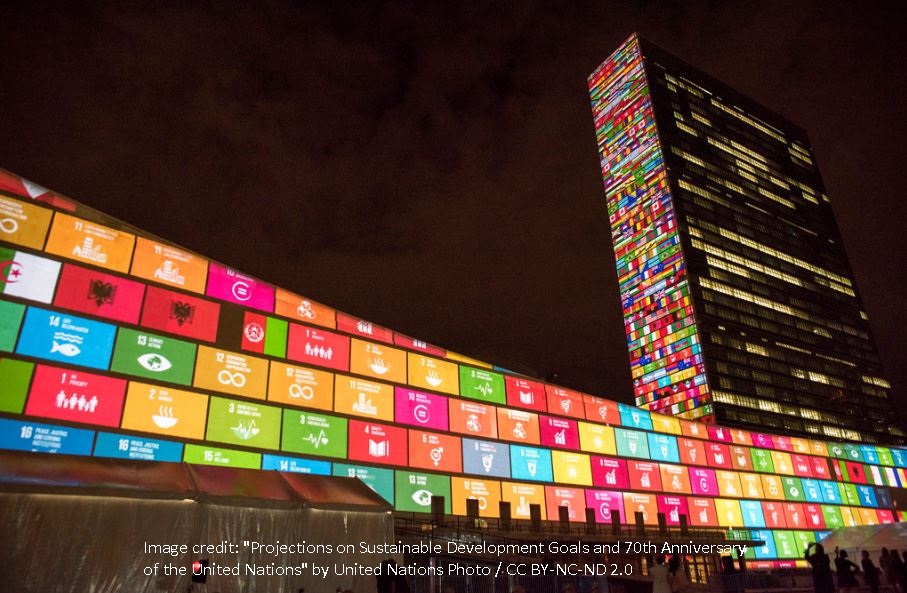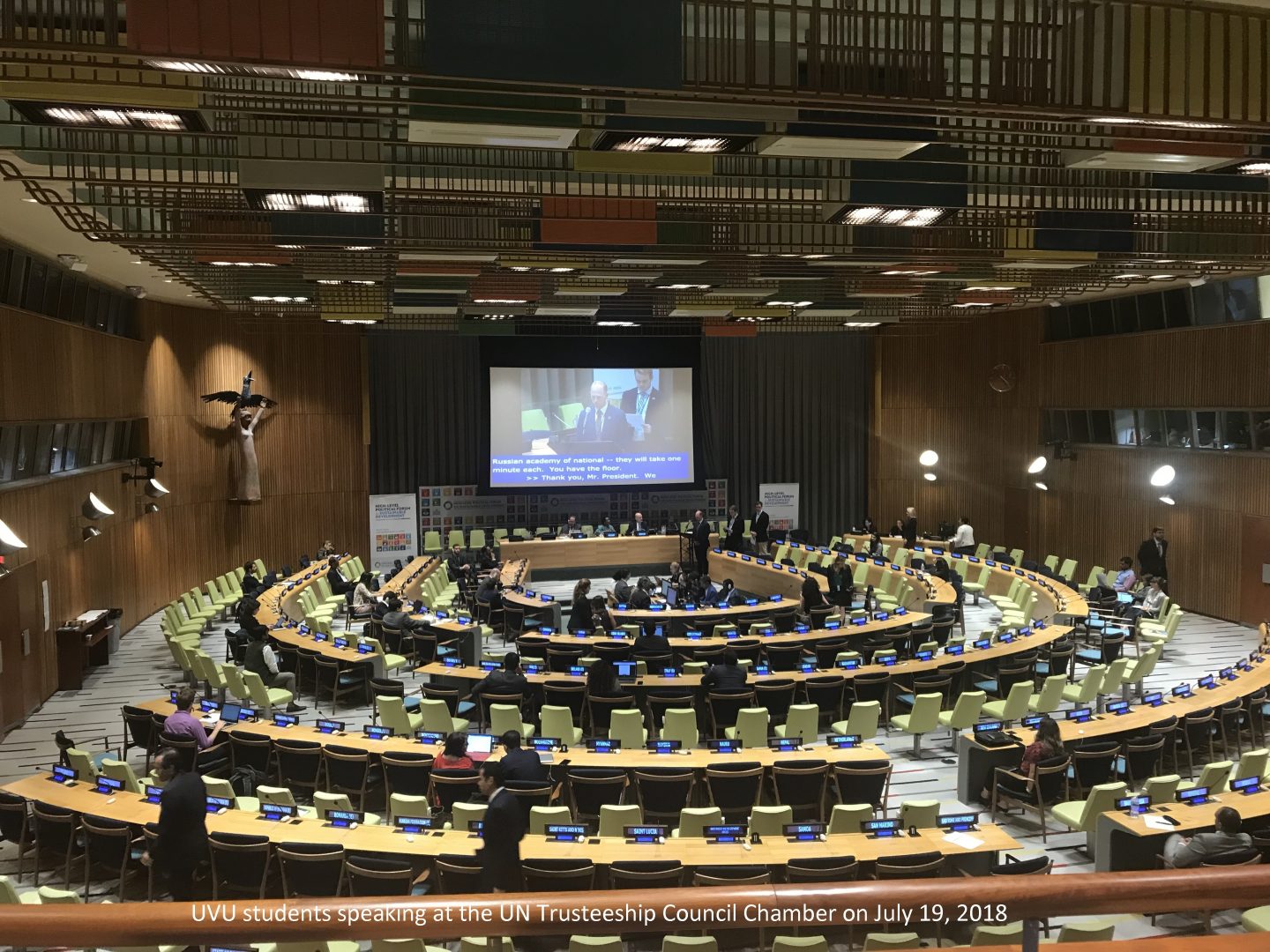Creative learning as a renewable resource
Creative learning as a renewable resource Patrick Blessinger, Enakshi Sengupta and Taisir Subhi Yamin St John’s University, USA, The HETL Association, USA and the International Centre for Innovaton in Education A renewable resource is traditionally viewed in terms of renewable natural resources, but with the importance now placed on solving the huge problems associated with global climate change and on creative and interdisciplinary learning as a means to address these problems, it is now time for a broader definition of the term renewable resource. The imminent global problems facing the planet (for example, climate change, extreme poverty, hunger and the refugee crisis) and the complex and interconnected nature of those problems, precipitated by mass industrialisation, require a new way of thinking that makes creative learning and lifelong learning top priorities for educational systems around the world. Thus, learning should be viewed as a renewable human resource since it provides an unlimited source of new ideas and problem-solving [...]



